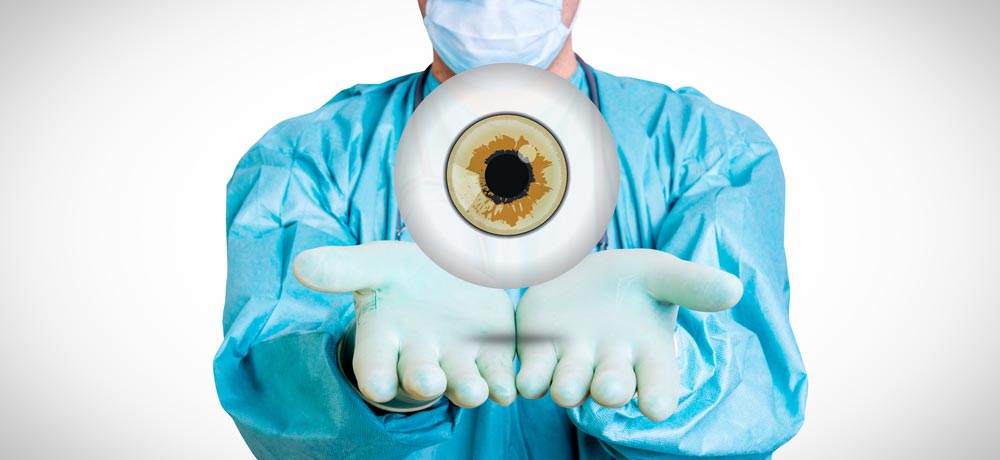All Categories
Featured

While most individuals comprehend the significance of protecting their skin from the sun, the damaging results of ultraviolet (UV) rays on eye health commonly go ignored. Nonetheless, extreme direct exposure to UV radiation can lead to a variety of eye problems, several of which can result in long-term damage. Whether you're absorbing the sun on a summer season day or walking outdoors on a gloomy mid-day, guarding your eyes from UV rays is necessary. Below's what you need to understand about the results of UV radiation on your eyes and how to shield them.
What Are UV Rays? UV rays are a kind of electro-magnetic radiation emitted by the sun. They are classified into three types:
UVA Rays: These pass through deep right into the skin and eyes and can add to long-lasting damage. UVB Rays: These rays are extra intense than UVA and are primarily liable for surface-level damages to the eyes and skin. UVC Rays: These are one of the most unsafe however are mainly taken in by the Planet's ozone layer and don't normally reach us. UVA and UVB rays are the main perpetrators behind eye-related damage.
Short-Term Effects of UV Exposure on the Eyes. Also short-term direct exposure to extreme UV rays can hurt your eyes. One typical problem triggered by this is photokeratitis, or "sunburn of the eye." Symptoms of photokeratitis consist of:
Uncomfortable, red eyes. Sensitivity to light. Tearing or excessive watering. Temporary vision loss or fuzzy vision. Photokeratitis is normally momentary, but it works as a warning of just how damaging UV direct exposure can be, even in tiny dosages.
Long-Term Impacts of UV Exposure. Long term exposure to UV radiation can result in much more significant and permanent eye conditions, such as:
Cataracts: UV rays can accelerate the formation of cataracts, a condition that causes clouding of the eye's all-natural lens, causing blurred vision and, if without treatment, blindness.

Macular Degeneration: UV direct exposure can harm the retina, especially the macula, increasing the risk of age-related macular deterioration (AMD), which influences main vision.
Pterygium: A growth of tissue on the white component of the eye that can cross the cornea, creating pain, inflammation, and vision issues.
Pinguecula: UV direct exposure can create yellow-colored deposits to base on the conjunctiva, resulting in inflammation and dryness.
Skin Cancer Around the Eyes: The fragile skin bordering your eyes is very at risk to UV radiation, increasing the danger of skin cancers like basal cell carcinoma and squamous cell cancer.
Exactly How to Secure Your Eyes from UV Rays. Protecting your eyes from UV rays is easy and requires a few conscious behaviors:
Buy Quality Sunglasses: Choose sunglasses that obstruct 100% of UVA and UVB rays. Look for tags that define "UV 400" security. Wrap-around styles are excellent as they block UV rays from the sides as well.
Use a Wide-Brimmed Hat: A hat with a border at the very least 3 inches wide can considerably decrease UV exposure to your eyes and face.
Restriction Exposure Throughout Optimal Hours: UV rays are strongest between 10 a.m. and 4 p.m. If you need to be outdoors during these hours, see to it you're effectively shielded.
Do Not Be Tricked by Clouds: UV rays can penetrate with clouds, so it is essential to wear sunglasses also on overcast days.
Safeguard Your Eyes Year-Round: Snow, sand, and water can mirror UV rays, increasing their results. Eye protection isn't just for bright summer season days-- ensure you're covered in all periods.
Use UV-Blocking Call Lenses: Lots of get in touch with lenses currently come with UV defense. If you use get in touches with, ask your eye medical professional regarding lenses with integrated UV filters for included protection.
Urge Eye Protection for Children: Children's eyes are more delicate to UV rays due to the fact that their lenses are clearer, enabling more radiation to get to the retina. See to it they put on sunglasses and hats throughout outside tasks.
Normal Eye Tests. Normal check-ups with an eye care expert are essential for very early detection of any UV-related damages. An eye doctor or eye doctor can review your eyes, recommend protective procedures, and identify conditions like cataracts or macular deterioration at an early stage.
Conclusion. By wearing UV-blocking sunglasses, restricting sun exposure during optimal hours, and staying regular with eye examinations, you can guarantee your eyes remain healthy and balanced and your vision stays clear for years to come. Protecting your eyes from UV radiation isn't just about comfort-- it's a crucial action in maintaining your lasting eye health and wellness.
Latest Posts
Car Repair Shop Nearby Now! at MO
A Beachfront Oyster Experience
Speedy Fixes for Your Vehicle - Reserve Your Spot with Montclare Auto Repair Today